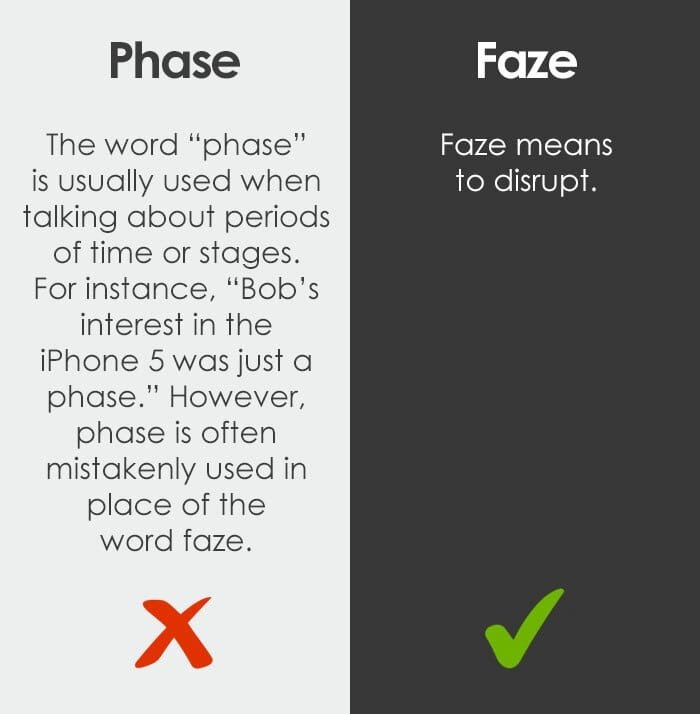No one starts out perfect in language; it’s a skill we all stumble through. Sometimes we say one thing but mean something completely different. We mix up words, tack on extra endings, and convince ourselves it works. But does it? Many people struggle with phrases people use incorrectly, leading to confusion.
Even though some expressions roll off our tongues as if they’re correct, it doesn’t mean they actually are. From “hunger pains” instead of “hunger pangs” to “sleight of hand” mistakenly said as “slight of hand,” there are many commonly misused phrases that trip us up more than they should. Recognizing phrases people use incorrectly can enhance our communication skills.
In what follows, we’ll dive into some of the most frequent mix-ups and try to sort them out—maybe even make our old English teachers proud in the process! Improving awareness of phrases people use incorrectly is key to mastering language.
1.
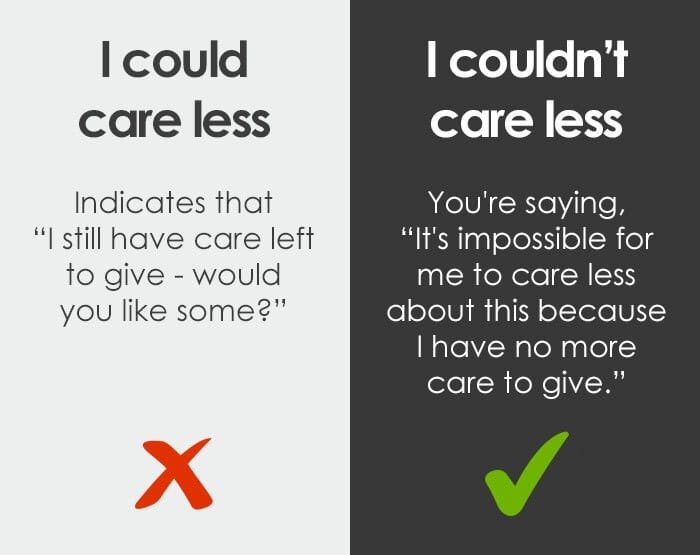
2.

3.

4.
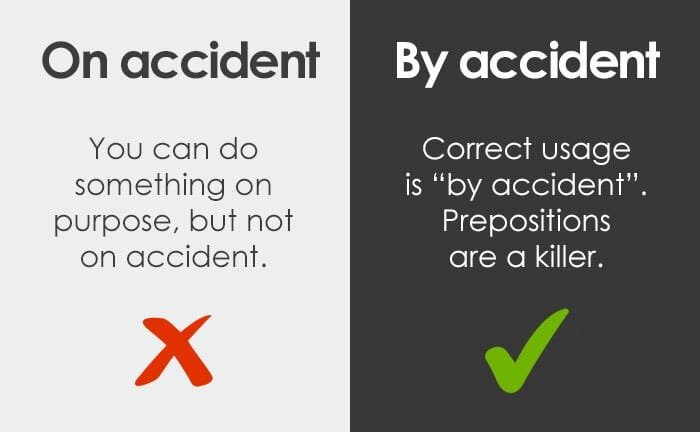
5.
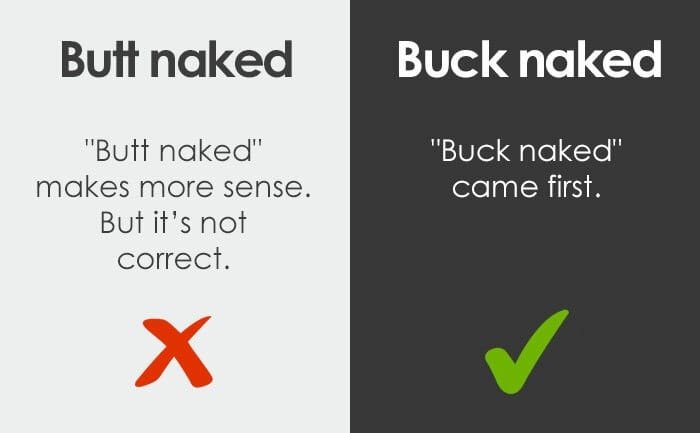
6.
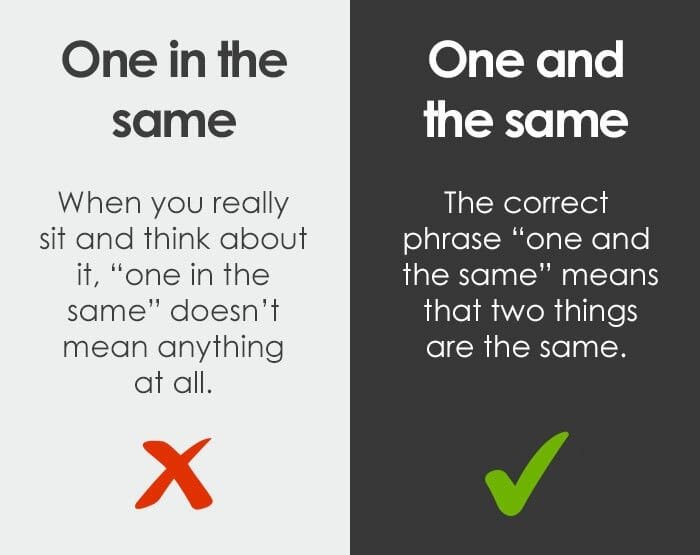
Even for native speakers, language is a maze of sound-alike words and expressions that often get mixed up without a second thought. Part of the reason is that phrases are frequently misheard or repeated incorrectly in casual conversation, leading them to become familiar, even if they aren’t quite right. With phrases like “hunger pangs” versus “hunger pains,” or “sleight of hand” versus “slight of hand,” it’s easy for small shifts in wording to go unnoticed. Language is also filled with subtle nuances that we learn to gloss over because our brains prioritize familiarity over accuracy. As a result, these slight but frequent missteps become ingrained in our everyday speech, and we don’t always catch them—even though they’re lurking in plain sight! Therefore, it’s crucial to be aware of phrases people use incorrectly.
7.
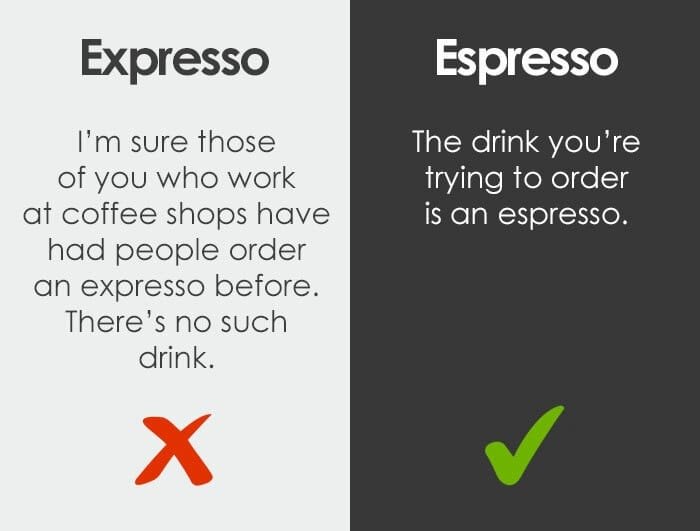
8.
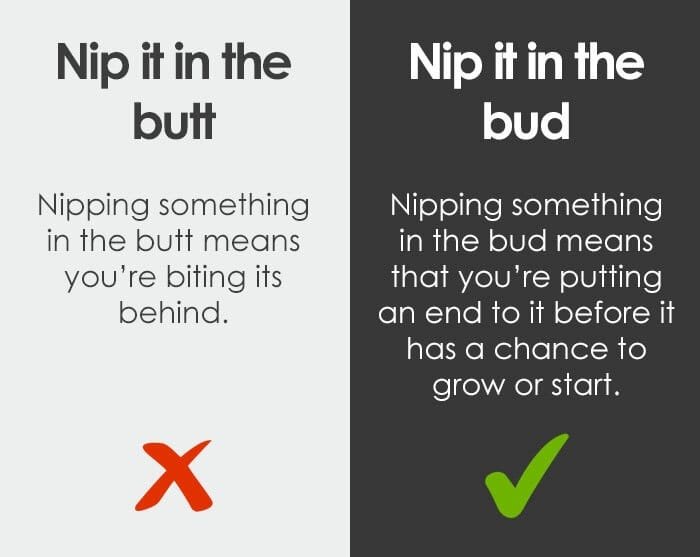
9.

10.

11.

12.

If you even slightly care for the proper use of language, you should avoid these mistakes because language clarity enhances understanding and credibility. When expressions are used correctly, they not only convey precise meaning but also reflect a command over language that can leave a strong impression. Misusing common phrases, on the other hand, can lead to misunderstandings or distract from the message being communicated. Also, accurate language use demonstrates respect for linguistic nuances, which enriches conversation and supports a more polished and confident way of speaking or writing. Embracing these distinctions not only benefits the individual speaker but also helps preserve the richness and precision of the language itself.
13.

14.

15.

16.
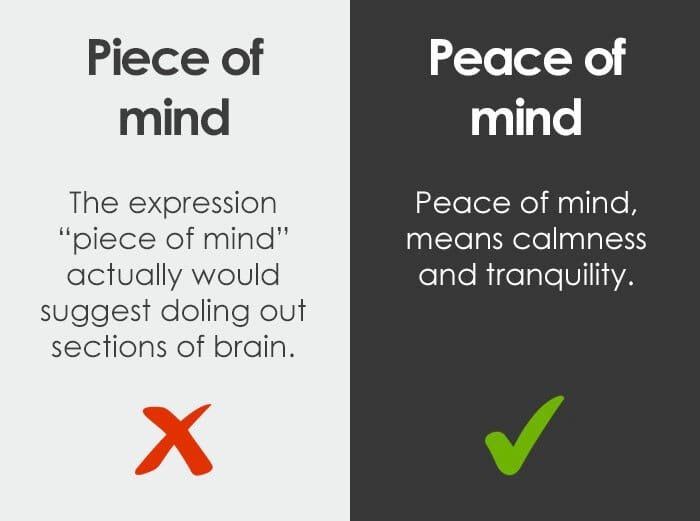
17.
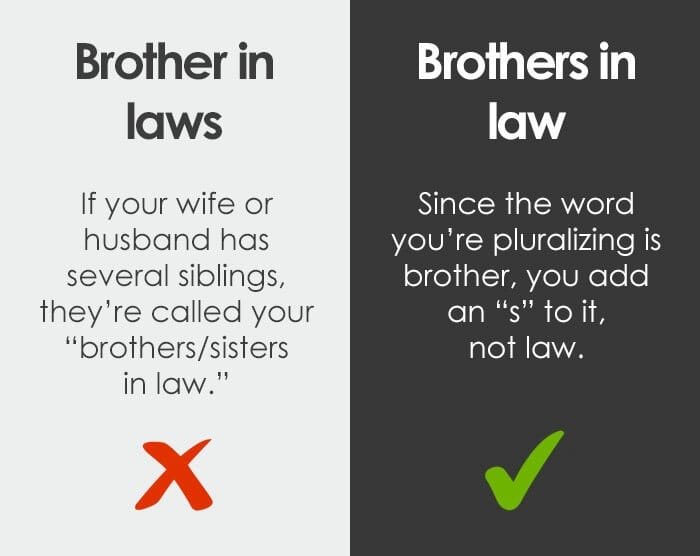
18.

19.

20.

21.
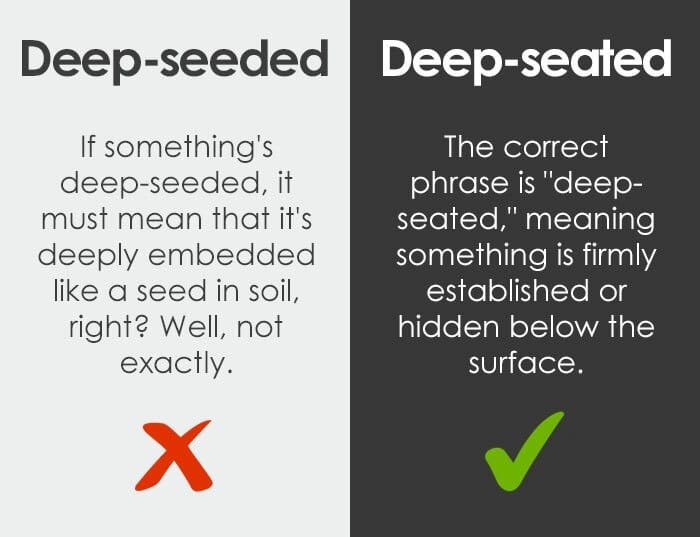
22.

23.
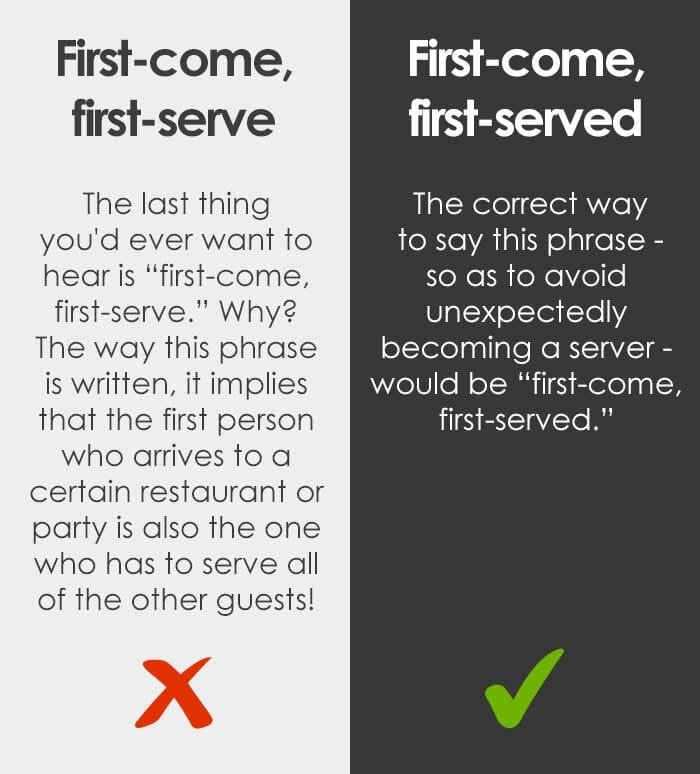
24.
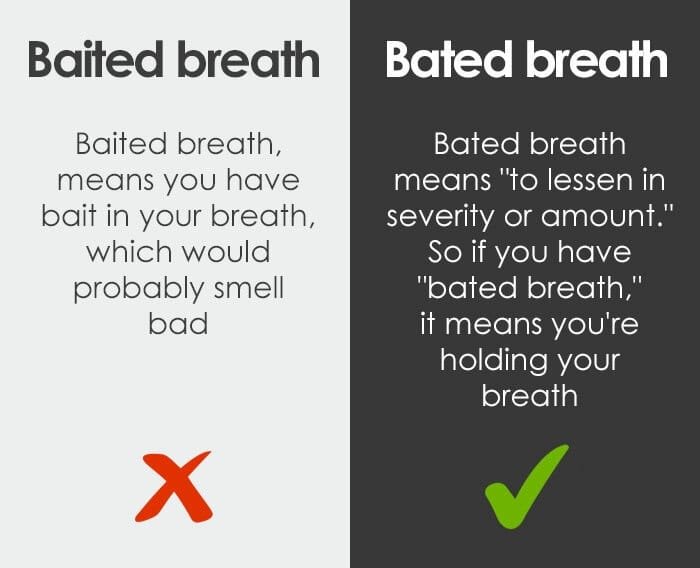
25.

26.

27.
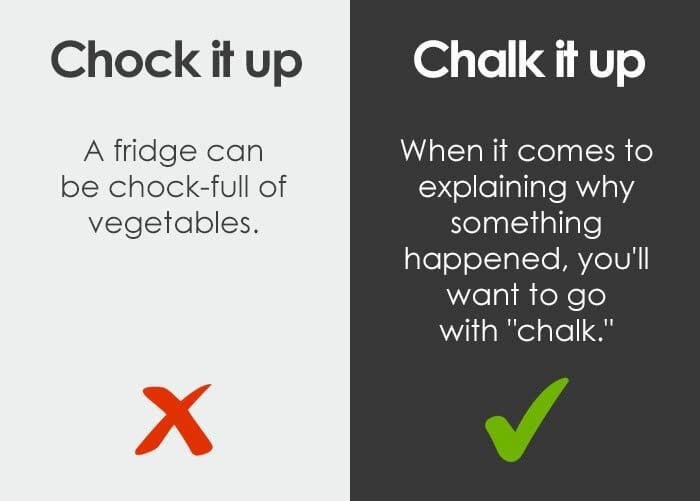
28.
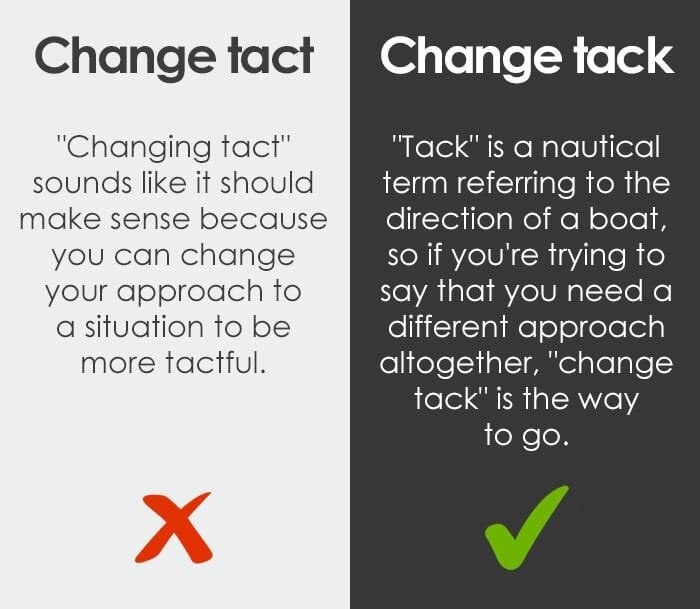
29.

30.
